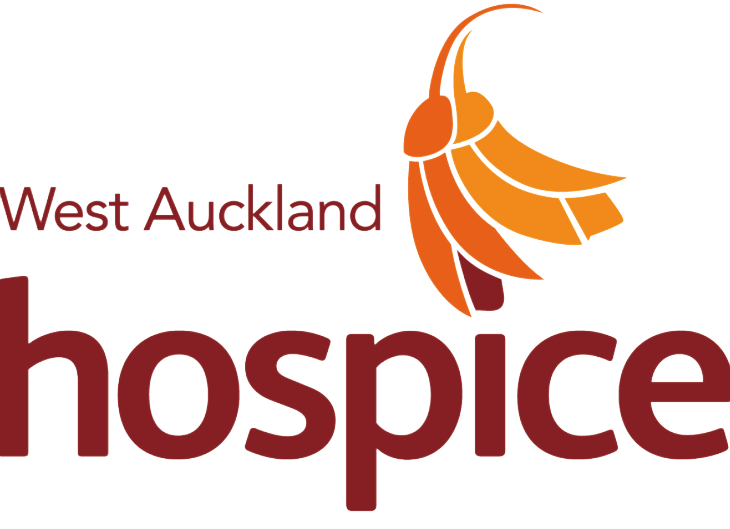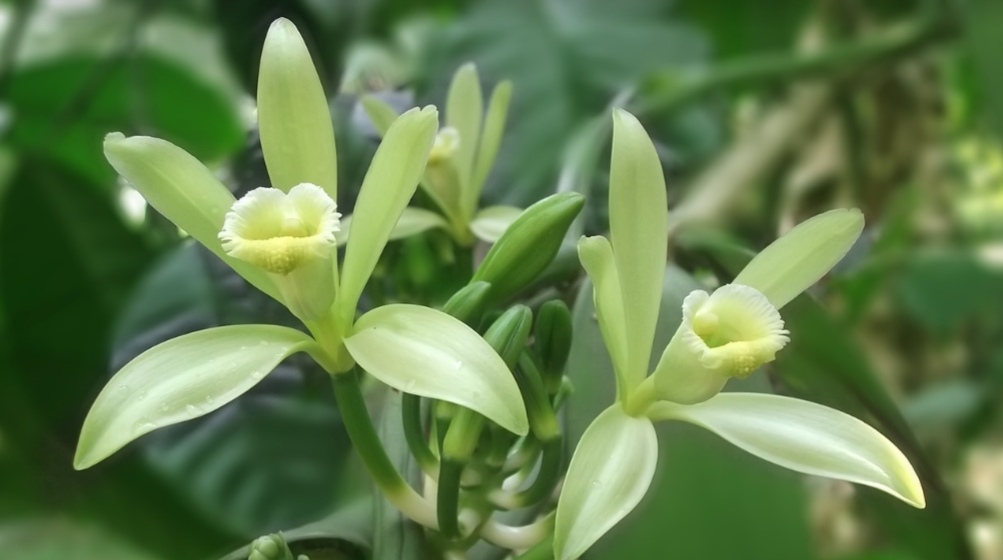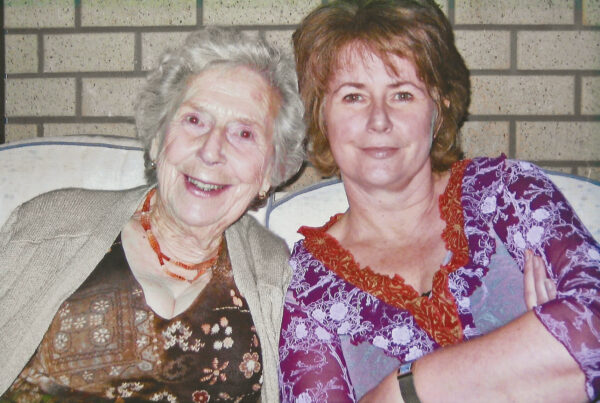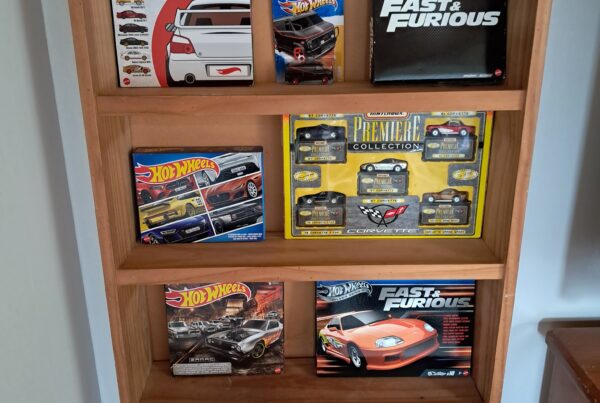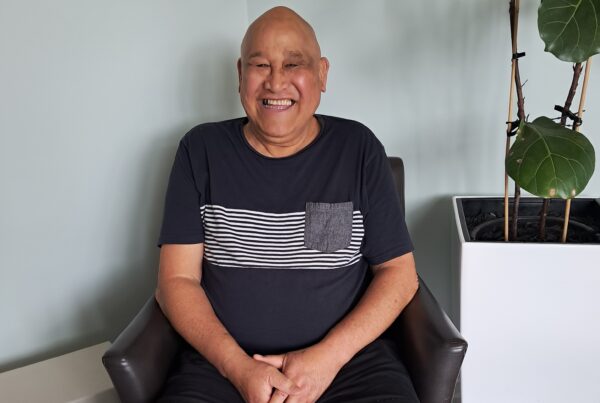When Meleseini speaks about her son, Simote, her voice breaks with love and pride. Though he passed away 13 years ago, she says: “In my heart, it’s still like he just left yesterday.”
Simote was only 36 when he was diagnosed with cancer. Doctors discovered tumours in his stomach and liver, and despite rounds of chemotherapy, his prognosis was just six to ten months. Determined to surround him with love, Meleseini invited him and his family to live in her West Auckland home. “I wanted to be there for him. Our Tongan way is that family and faith carry you through,” she recalls.
As Simote’s health declined, Hospice West Auckland became part of their support network. At first, Meleseini admits she didn’t fully understand what Hospice offered. “In the Tongan way, I thought Hospice was only for people who were very sick and on their way to heaven,” she explains.
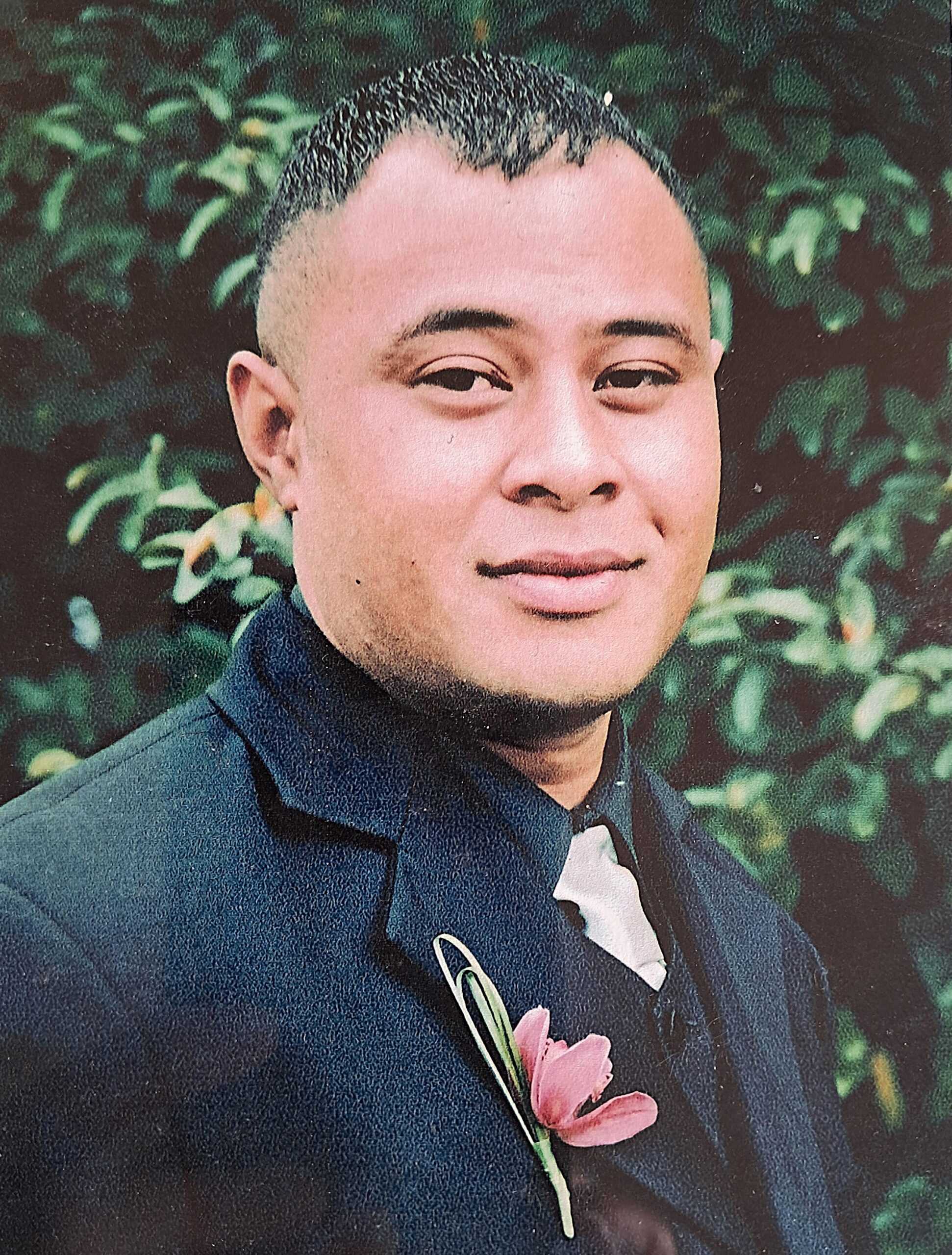
But Meleseini discovered that the team was there to support not only her son, but their whole family. Nurses visited, pain and symptoms were managed effectively, and the family were supported in providing the best possible care for Simote. Importantly, there was space for prayer and song. “I didn’t pray to God to make him live,” she says. “I prayed to God to make him not suffer with pain.”
When Simote needed more intensive support, he was admitted to Harbour Hospice on the North Shore. For Meleseini, walking into the Hospice inpatient unit for the first time was daunting, but the experience left her deeply grateful. The staff welcomed their large extended family, offering extra rooms, a lounge, and even space to celebrate the fifth birthday of Simote’s son. “It was so amazing, says Meleseini. “Our friends came, cousins came, our church people were coming in and out… there was a Bible group coming from Papua New Guinea on their way back to Tonga. They heard about him, and they all came.”
The Hospice care team ensured Simote’s final days were peaceful and dignified. Although his body was failing, he was never in the severe pain doctors expected. Meleseini’s prayers were answered: “It was amazing, because he never had pain… the doctor said, ‘He should be in very bad pain’. But we could tell by looking at his face – he was comfortable.”
Surrounded by family, love and faith, Simote waited until all his siblings had arrived from overseas before passing. “He said, ‘when they all come, then we go home.’ And he meant that’s when we would go home – without him, and that’s what happened,” she says. She takes comfort in the extra time he had beyond his prognosis, living for one year and four months, and knowing that he did not suffer.
For Meleseini, Hospice was the right place for her son’s final days. “This place is the best place when you are very sick,” she explains. “The best hands are there. They have the treatment, nurses there to check all the time… if you need something the nurses are there, doctors are there.”
Meleseini believes that Pacific families need to know that Hospice is not something to fear. “In Tonga, we don’t have rest homes or Hospices because someone is always home to give care,” she says. “But here in New Zealand, life is different. We work, we have bills to pay. In our Tongan way, when you take your Mum or Dad to the rest home, they think you don’t love them… but here, I try to explain to lots of people, it’s good to take your Mum to the rest home or Hospice – they look after them.”
For families like Meleseini’s, the initiative to provide 24/7 palliative care at Hospice House in Te Atatū is so important. Families will be able to stay close to home in West Auckland, rather than having to travel to the North Shore and adjust to a new care team. “It will be such a blessing,” says Meleseini. “Not everyone can travel far, and parking and transport are hard. Having round-the-clock care here means families can more easily be together.”
Thirteen years on, Meleseini and her family still honour Simote every birthday and anniversary. They gather, share cake, and remember him with laughter and tears. “I will always miss him,” she says. “But I thank God he did not suffer. And I thank Hospice for helping us.”
